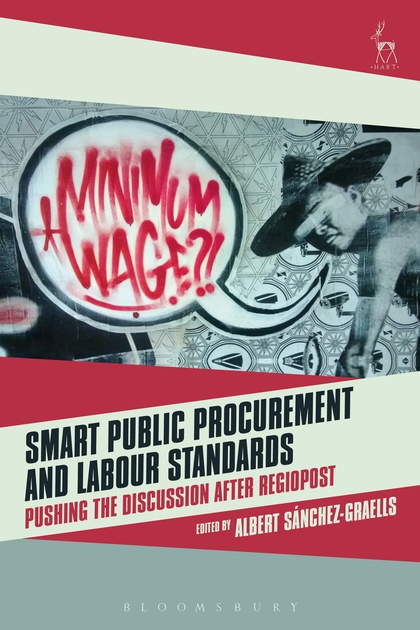By Prof Michael Ford QC, Professor of Law, and Prof Phil Syrpis, Professor of EU Law (University of Bristol Law School).*
 On 29 January the House of Lords Constitution Committee delivered a withering assessment of the EU (Withdrawal) Bill, describing it as ‘fundamentally flawed from a constitutional perspective in multiple ways’. Alongside trenchant criticisms of the delegated powers in the Bill, and the effects for the devolution settlement, the Committee’s Report focuses on the definition and status of ‘retained EU law’.
On 29 January the House of Lords Constitution Committee delivered a withering assessment of the EU (Withdrawal) Bill, describing it as ‘fundamentally flawed from a constitutional perspective in multiple ways’. Alongside trenchant criticisms of the delegated powers in the Bill, and the effects for the devolution settlement, the Committee’s Report focuses on the definition and status of ‘retained EU law’.
The aim of this short post is to explore some of the implications of the Committee’s approach to this vexed question. If, as the Committee recommends, ‘retained EU law’ is defined narrowly, it will have the virtue of restricting the scope of the Henry VIII Henpowers in clause 7, which only apply to operational problems and deficiencies in relation to ‘retained EU law’. But a narrow definition gives rise to problems elsewhere. ‘Retained EU law’ is also the definition used for the purpose of the continuing application of existing CJEU case law and retained general principles of EU law under clause 6. Questions as to the validity, meaning and effect of pre-Brexit UK law which is not ‘retained EU law’ are therefore excluded from these interpretative provisions. In the Bill as worded, it is not clear if this difficulty is resolved by the operation of the principle of supremacy of EU law referred to in clause 5, the meaning and effect of which is very opaque. The Committee recommends that the principle of the supremacy of EU law be abandoned altogether; but if its approach were to be followed, there would be no EU principles which would apply to any law currently in the field of EU law which is not ‘retained EU law’. The implications are assessed by reference to the Equality Act 2010 (EqA). (more…)









